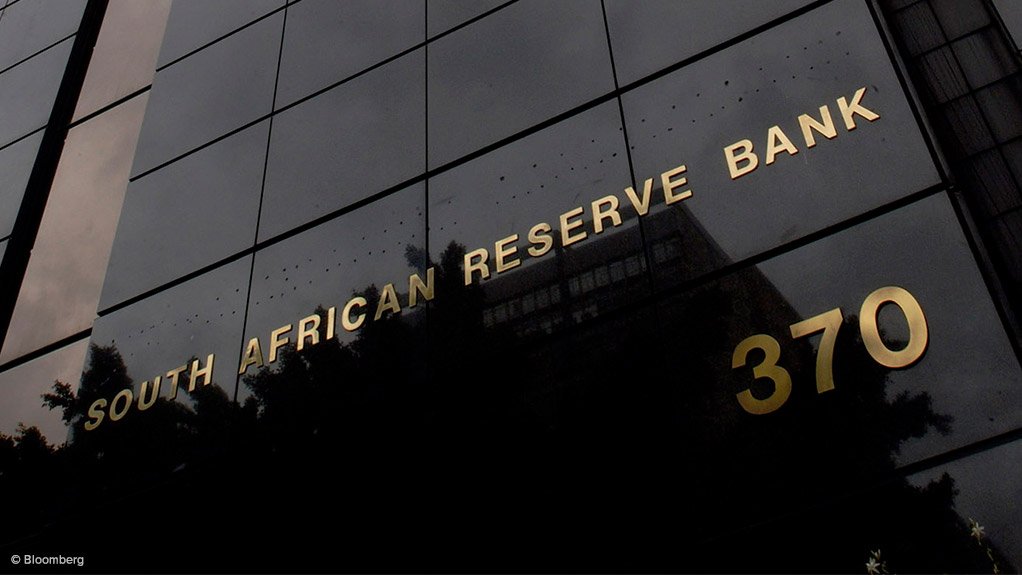President Cyril Ramaphosa's announcement on Thursday that government intends to continue with plans to nationalise the central bank caused "havoc" in dealing rooms, according to Bianca Botes, Corporate Treasury Manager at Peregrine Treasury Solutions.
The rand opened at R14.50 to the greenback on Friday morning, and weakened to 0.25% to trade at R14.54/$ by 10:10.
Ramaphosa, answering questions in the Parliament on Thursday, said the state intended to move ahead with plans to do away with the bank's over 700 private shareholders.
This follows a resolution by the African National Congress (ANC) at its 54th conference at Nasrec in 2017 – where Ramaphosa was elected ANC president – to make the bank 100% State-owned.
"Government must develop a proposal to ensure full public ownership in a manner that does not benefit private shareholder speculators," it said at the time.
On Thursday Ramaphosa said that SA's private shareholding in the central bank was a historical anomaly.
"SA is one of only six countries in the world that still has shareholding in their central banks," said Ramaphosa.
"This [nationalisation] is the done thing around the world. The central bank is one of the most important institutions in the life of our country. And that is what the ANC resolved should be done," he added.
Botes said that while the bank's 1% tumble on Tuesday was caused by more than one factor, the most significant was Ramaphosa's statement.
"This has long been a highly contentious matter, with condemnation from rating agencies as well as the public," she said. She added that once the "shock factor" had dissipated, analysts would look to mandate as well as independence.
"While the current shareholders of the SARB [South African Reserve Bank] have no influence – direct or indirect – on the mandate of the SARB, one cannot help but wonder whether this will remain the case once the one and only shareholder becomes a governing body that admittedly struggles to eradicate corruption in itself."
Analysts said the rand was also weakened by the European Central Bank slashing its growth forecasts for the Eurozone.
"The real kicker for the rand and other EM currencies was the fallout after the ECB meeting [on Thursday]," said Andre Botha, senior dealer at TreasuryONE, in a morning note.
"The ECB not only cut its growth forecast but introduced low-cost loans to the banks in order to stimulate the lending cycle by European banks."
EMAIL THIS ARTICLE SAVE THIS ARTICLE
To subscribe email subscriptions@creamermedia.co.za or click here
To advertise email advertising@creamermedia.co.za or click here











